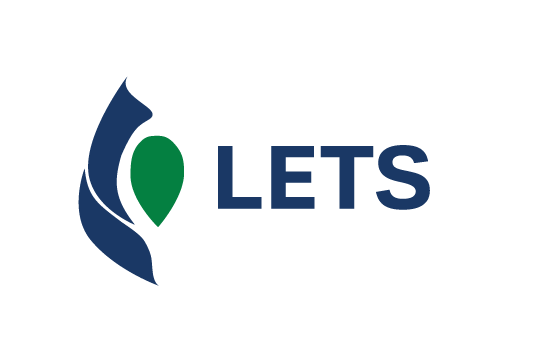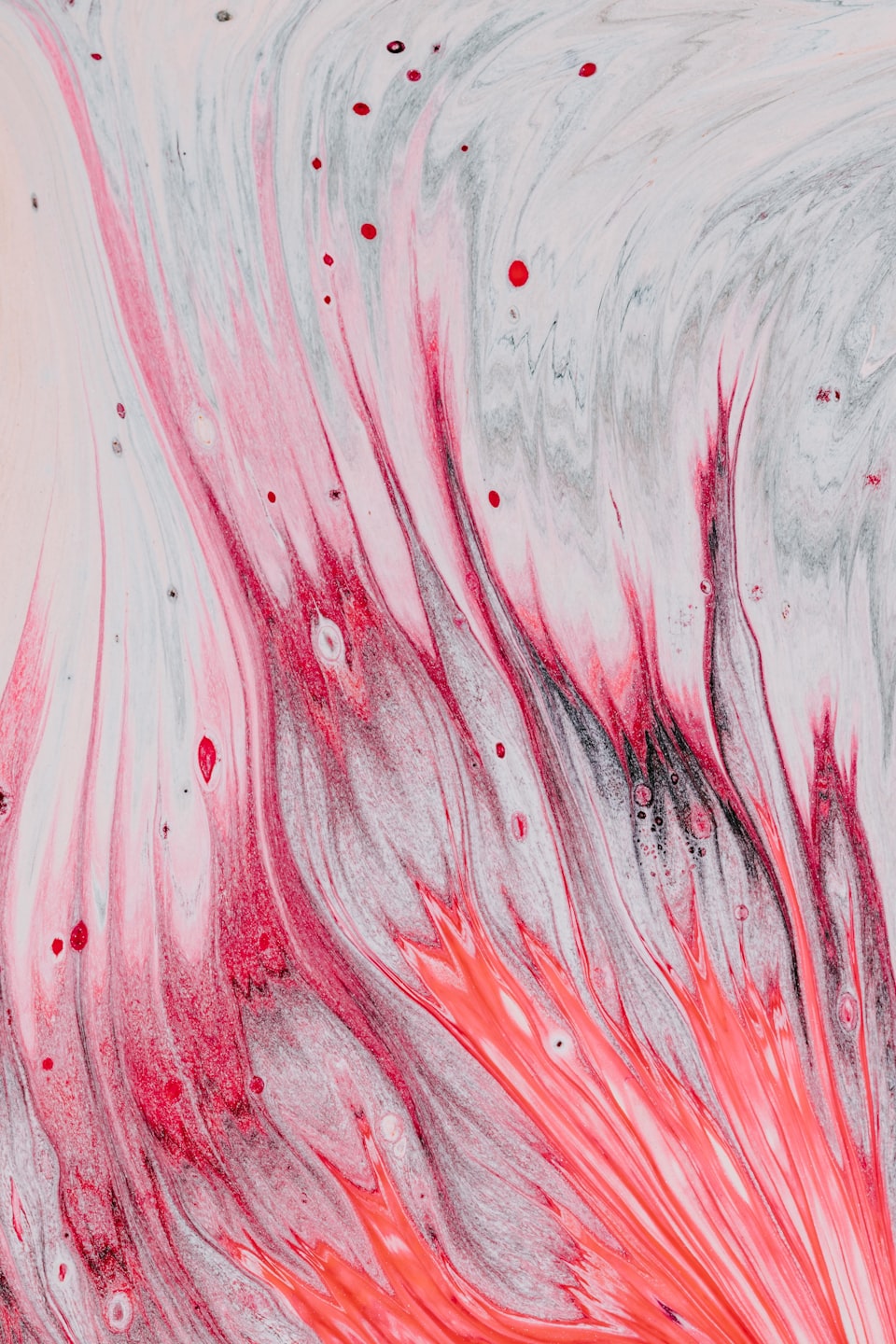Comme l'exprimait un jour à sa façon le peintre Francis Picabia: "Notre tête est ronde pour permettre à la pensée de changer de direction".
Maintaining a blog is not something trivial – if the page is yours, you own, you determine how often you will keep in touch with your reader and, of course, what you will write: will there be a theme or will they be varied, as life is? Will it have guest writers?
Those of you who have been following us here know that this is the blog of LETS, our Laboratory of Studies in Tourism and Sustainability, which is part of the Center for Sustainable Development of the University of Brasília (CDS/UnB). For this reason, we publish the opinions and reflections that the members of the group write with the intention of disseminating their research and our contribution to science and knowledge.
We are happy to have you as our reader. We want this partnership to remain and for that, we strive daily so that we can bring you texts with quality and diversity – because that's what we believe in. It is the diversity of opinions, ways of thinking and living that lead us to new levels of understanding of life and its challenges.
This week we are, as the title of our text suggests, waiting for the news to come – in the break. So, we decided to think in brief lines, about the phrase of the painter Francis Picabia (born in Paris, in 1879), which opens our text.
A graduate of the École des Beaux-Arts (Paris), Francis-Marie Martinez Picabia seemed to have a taste for scandalizing the public, both for his spontaneity and for his irony. He allied himself with Cubism in 1909, then with the Dadaism of Marcel Duchamp and Man Ray (1913). Later, he joined Surrealism and finally returned to abstract painting. He died in Paris in 1953.
One may question so much "movement" through different areas, schools or modes of expression. However, at a time when specializations are so many and often so specific and almost exclusive or particular, we believe it is good to remember someone who brought undeniable contributions to the arts in such a unique way, precisely because he was so plural.
Thus, in a time of so much contradiction, between the monotony of equal discourses and the sameness of thought in efforts to make us "homogeneous" in thinking and living, diversity and plurality are urgently imposed. But, for this, it is necessary that we keep our minds open to different opinions, ways and ways of thinking and doing, feeling and being.
And that is what we are here for – to bring diversity of thought, themes and reflections. That's why our heads, like Francis Picabia's, are "round" — to allow thought to change direction.


